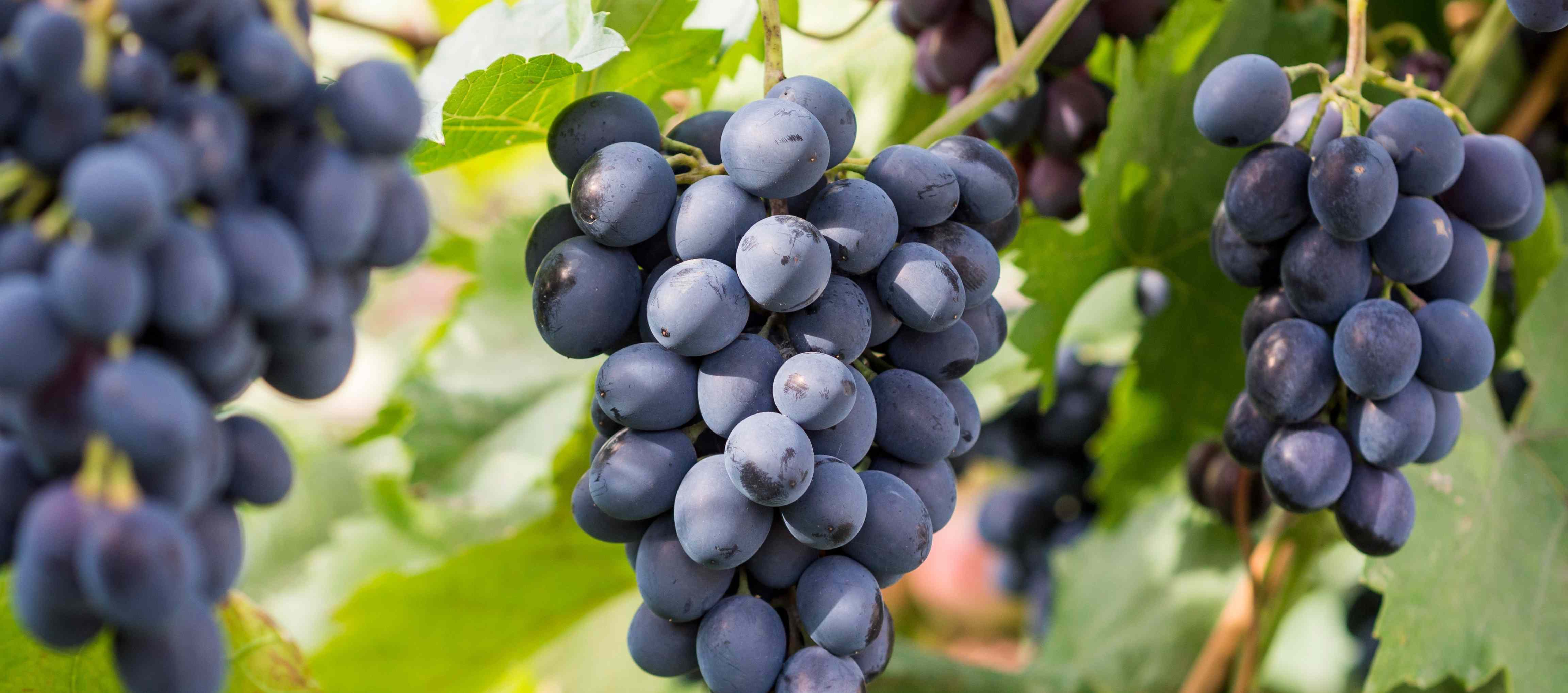Georgia - Ancient Heritage of Wine-Making
Georgia is the birthplace of wine according to a number of the world's competent experts. The mention of the ancient traditions of vine growing and high quality wine making in Georgia (or Colchis and Iberia, as it was known in ancient times) can be found in the works of Homer and Apollonius of Rhodes.
Even the unique Georgian alphabet is modeled after the shape of the vines curly offshoots. Up to 500 indigenous grape varieties are still cultivated here. Wine is part of Georgian heritage including architecture, poetry, and songs, and is associated with celebrations, holidays, rituals and most importantly with Georgia's religion the Christian Orthodox Church. Wine-making remained the basis of the Georgian economy for centuries. Through the long history of the Georgian nation, the vine has gained iconic significance in Georgia. It is a symbol of regeneration, of wealth and plenty.
Qvevri wine-making is practised throughout Georgia, particularly in village communities where unique varieties of grapes are grown. The Qvevri is an egg-shaped earthenware vessel used for making, ageing and storing the wine. Knowledge and experience of Qvevri manufacture and wine-making are passed down by families, neighbours, friends and relatives, all of whom join in communal harvesting and wine-making activities. Children learn how to tend the vines, press grapes, ferment wine, collect clay and make and fire Qvevris through observing their elders. The wine-making process involves pressing the grapes and then pouring the juice, grape skins, stalks and pips into the Qvevri, which is sealed and buried in the ground so that the wine can ferment for five to six months before being drunk. Most farmers and city dwellers use this method of making wine. Wine plays a vital role in everyday life and in the celebration of secular and religious events and rituals. Wine cellars are still considered the holiest place in the family home. The tradition of Qvevri wine-making defines the lifestyle of local communities and forms an inseparable part of their cultural identity and inheritance, with wine and vines frequently evoked in Georgian oral traditions and songs.
UNESCO Intangible Cultural Heritage
Award

Having recently been awarded the UNESCO Intangible Cultural Heritage Award, Georgia has again proven it's place in history as winemaker par none.
This award was granted under the following qualifying criteria:
“ The Committee (…) decides that [this element] satisfies the criteria for inscription on the Representative List of the Intangible Cultural Heritage of Humanity, as follows:
-
R.1 : The knowledge and skills associated with making both wine and the Qvevri jars are widely practised and transmitted informally from generation to generation; ingrained in the everyday life of Georgians, they maintain social and religious significance;
-
R.2 : Its inscription on the Representative List could contribute to promoting awareness of the intangible cultural heritage through attention to traditional wine-making practices and associated skills and rituals;
-
R.3 : Past, current and proposed safeguarding measures focus on the improvement of legal frameworks, promotion, transmission, and education; the commitment of the communities and the support of the State Party are clearly demonstrated;
-
R.4 : Communities, non-governmental organizations and local authorities participated actively in the nomination process and the communities provided their free, prior and informed consent.”
We are proud of our heritage and
invite you to discover the unique tastes and culture surrounding
our Georgia Wineries and wine-making traditions.
